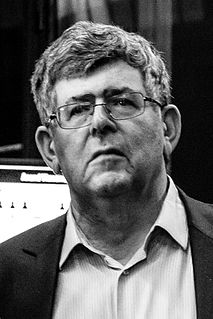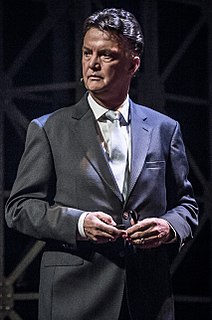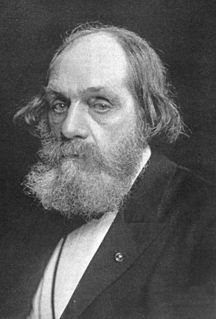A Quote by Virginia Woolf
We scarcely wish to analyse what we feel to be so large and deeply human.
Related Quotes
If you ant to feel deeply, you have to think deeply. Too often we separate the two. We assume that if we want to feel deeply, then we need to sit around and, well, feel. But emotion built on emotion is empty. True emotion- emotion that is reliable and does not lead us astray- is always a response to reality, to truth.
Can it be possible that all human sympathies can thrive, and all human powers be exercised, and all human joys increase, if we live with all our might with the thirty or forty people next to us, telegraphing kindly to all other people, to be sure? Can it be possible that our passion for large cities, and large parties, and large theatres, and large churches, develops no faith nor hope nor love which would not find aliment and exercise in a little "world of our own"?
At a fundamental level, as human beings, we are all the same; each one of us aspires to happiness and each one of us does not wish to suffer. This is why, whenever I have the opportunity, I try to draw people's attention to what as members of the human family we have in common and the deeply interconnected nature of our existence and welfare.
Coitus can scarcely be said to take place in a vacuum; although of itself it appears a biological and physical activity, it is set so deeply within the larger context of human affairs that it serves as a charged microcosm of the variety of attitudes and values to which culture subscribes. Among other things, it may serve as a model of sexual politics on an individual or personal plane.



































